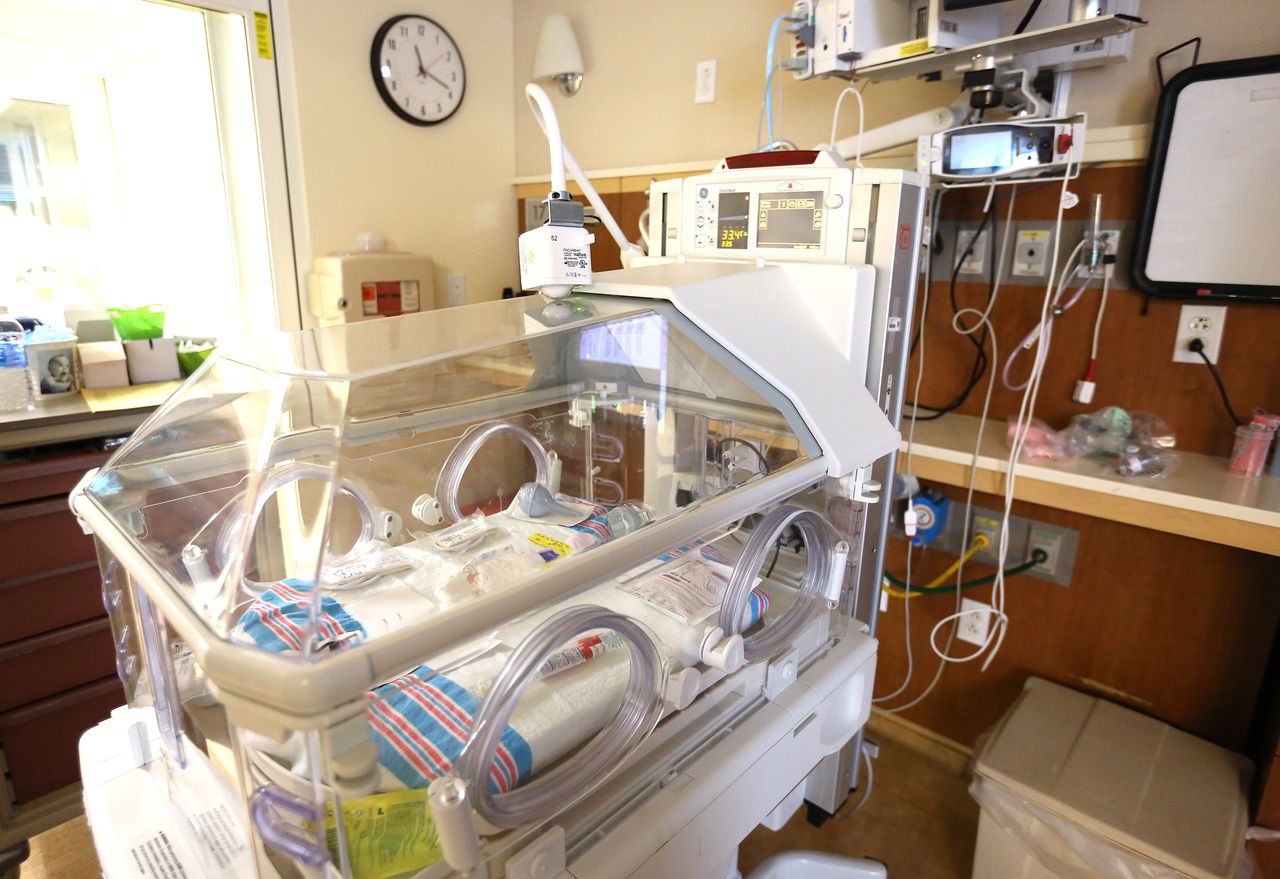Guest opinion from Alabama Rep Daniels: Rate setting will reduce access to maternity care
This is a guest opinion column
It is a sad indictment of our health care system that where a mother lives can affect the quality of maternity care she receives. As a parent and a lawmaker, I have worked hard to address these disparities. That’s why it is especially alarming to see so-called site-neutral legislation now being pushed through Congress, which could make high-quality health care less accessible for women, particularly in rural areas.
Maternal health care in the Deep South ranks among the lowest in the country. Alabama placed 46th in the country for women and children’s health according to the most recent America’s Health Rankings. Mississippi, Arkansas and Louisiana came in even lower. Alabama and Louisiana held the unenviable title of the highest maternal mortality rate.
There are many factors that contribute to these poor outcomes, but perhaps the greatest is lack of access to high-quality health care. Mothers living in rural places have long faced unique challenges when seeking pre-natal, neonatal, and post-natal care. Some factors, like long drives to see a doctor, are inherent to living in remote locations.
But it is alarming the direction the divide is trending based on zip code. Despite vast medical advances, women living in rural areas are significantly more likely to experience complications during pregnancy than women in metro areas, even when socio-economic and clinical factors are equal. These realities owe in part to misguided policies that force hospitals to cut services or, worse, to close obstetric units entirely.
One of the biggest struggles expectant mothers face is simply access to care. A study last year revealed that nearly 7 million women live in maternity care “deserts”—communities with little or no access to care. More than 2 million live in deserts where no obstetric services were available. In 5 percent of counties, access to maternity care has shrunk over the past two years.
The spate of hospital closures over the past two decades has contributed to this backslide. At least 195 rural hospitals have shut down since 2005, according to recent data, including seven in Alabama. Another 600 rural hospitals—about 30% of those in the U.S.—are at risk of closing because of financial pressures. Nearly half of Alabama’s rural hospitals are at risk of closing.
These realities should give pause to lawmakers advocating for site-neutral legislation. Such bills would cut payments for hospitals and health care systems regardless of the distinct and higher costs they face to deliver care.
It’s not hard to see how a one-size-fits-all reimbursement model would hurt rural care providers. Data shows that hospital closures and reductions contribute to rising rural maternal mortality rates, and these impacts are not distributed evenly. Rural hospitals are more likely to serve low-income, minority, older populations. When a rural hospital cuts services or closes, those who can least afford it are saddled with even greater burdens.
Site-neutral care will force hospitals to cut programs, which may include maternity services and ICUs. That means women living in the South and rural communities across the country may have to travel even farther and wait even longer for basic maternity care.
Such burdens increase risks during and after pregnancy. Two women and two babies die every hour due to pregnancy complications. But practical considerations, like having to drive further for check-ups, also pose dangers. Over a quarter of Alabama women live at least 30 minutes from a hospital with a birthing unit, almost three times higher than the national average.
To their credit, policymakers in Washington have prioritized rural health by convening Bipartisan Rural Health Caucus in both chambers of Congress to advocate for commonsense solutions to improve access and quality of care. This seems like an area we can all get behind.
That kind of pragmatic, holistic problem-solving is what it will take to improve access to quality maternal care. Policymakers cannot cut their way to better outcomes, no matter how it’s packaged. Certainly, now is the time for action. Let’s ask Washington to prioritize real solutions that will ensure access to care for all families across our country, not one-size-fits-all payment policies.
State Rep. Anthony Daniels, of Huntsville, is the Alabama House Minority Leader in the Alabama Legislature.
